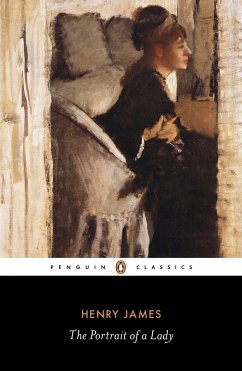
The Entail; Or, The Lairds Of Grippy
Versandkostenfrei!
Versandfertig in 1-2 Wochen
25,99 €
inkl. MwSt.
Weitere Ausgaben:

PAYBACK Punkte
13 °P sammeln!
A gripping foray into land, law, and lineage that lingers in the imagination long after the last page. The Entail; Or, The Lairds Of Grippy sets a spellbound tone with a sharp eye for manners, power, and family loyalty. This restored edition invites readers into a rich historical fiction tapestry where a genteel world of estate, secrecy, and social constraint collides with a sweeping 18th-century backdrop. The novel unfolds as a formal drama-a novel of manners set in the Scottish Highlands-where vows, disputes over entail inheritance, and the pressures of landed estate tensions reveal characte...
A gripping foray into land, law, and lineage that lingers in the imagination long after the last page. The Entail; Or, The Lairds Of Grippy sets a spellbound tone with a sharp eye for manners, power, and family loyalty. This restored edition invites readers into a rich historical fiction tapestry where a genteel world of estate, secrecy, and social constraint collides with a sweeping 18th-century backdrop. The novel unfolds as a formal drama-a novel of manners set in the Scottish Highlands-where vows, disputes over entail inheritance, and the pressures of landed estate tensions reveal character with crisp, Gothic sensibility. It is at once a compelling human story and a vivid cultural portrait, offering both classic fiction readers and students of literature a window into a tradition of intricate plot, social codes, and atmospheric detail akin to Walter Scott. The work bears notable literary and historical significance as a landmark example of early modern prose and a touchstone for readers drawn to the textures of rural life, inherited privilege, and evolving notions of honour. It resonates with anyone who cherishes reflective prose, meticulous world-building, and the enduring pull of place. For collectors, scholars, and curious newcomers alike, this illustrated edition makes a tangible, enduring contribution to a complete works collection. Out of print for decades and now republished by Alpha Editions. Restored for today's and future generations. More than a reprint - a collector's item and a cultural treasure. This edition honours the dignity of the tale while inviting new readers into its timeless drama.












